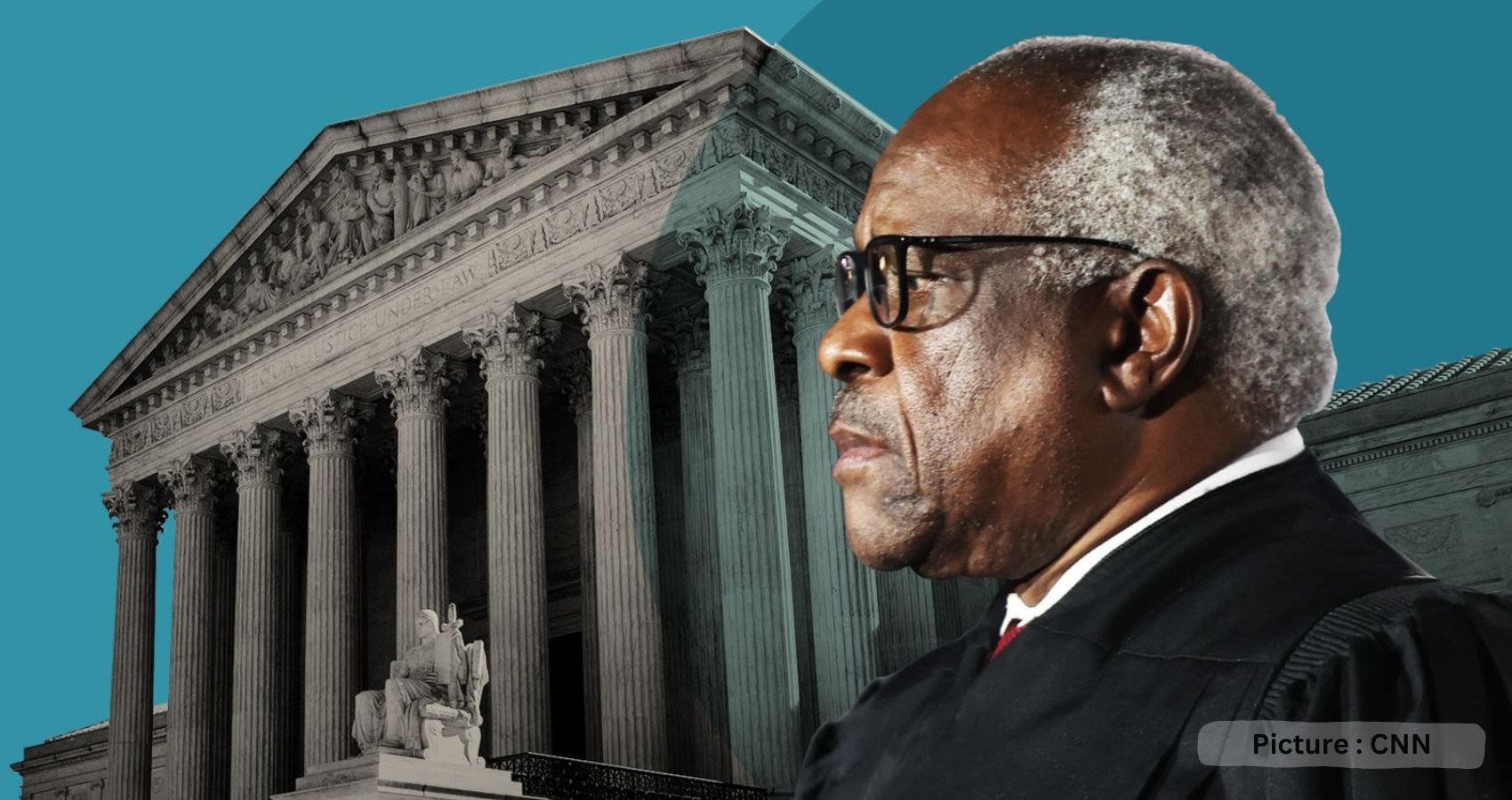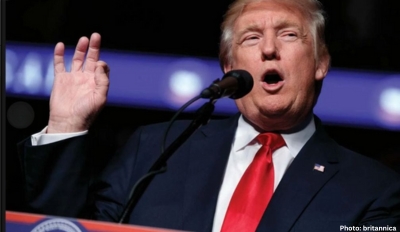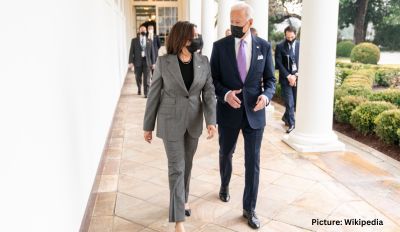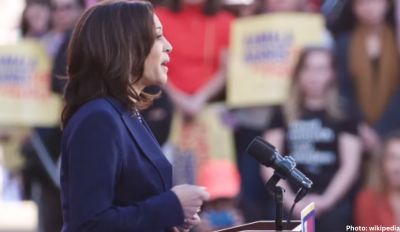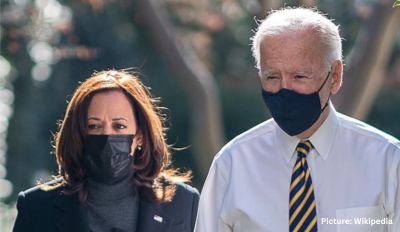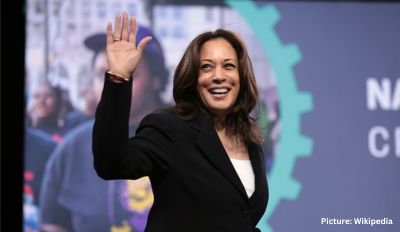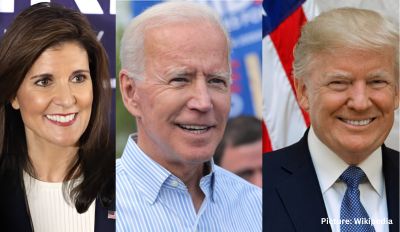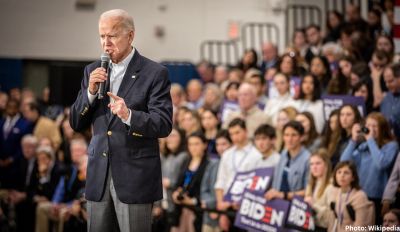Chief Justice John Roberts’s stated mission to preserve the integrity of the Supreme Court suffered another setback this week when it was revealed that Justice Clarence Thomas had, for years, failed to disclose the acceptance of lavish gifts from a wealthy conservative donor.
A story published by ProPublica on the unreported gifts Thomas accepted — which included multiple trips on private jets and yachts owned by Texas billionaire and conservative donor Harlan Crow as well as stays at the mogul’s luxury retreat — put new pressure on Roberts to establish a binding ethical code of conduct for the nation’s highest court, experts said.
“Something needs to be done, and as long as Chief Justice Roberts sits on his hands he is baiting Congress to do something, and meanwhile undermining himself and the court,” Donald Sherman, deputy director of Citizens for Responsibility and Ethics in Washington, told Yahoo News.
Since being confirmed to the court in 2005, Roberts has led internal discussions about whether to establish a code of conduct for the justices. In 2019, Justice Elena Kagan said the court was studying the issue. But so far nothing has come of it.
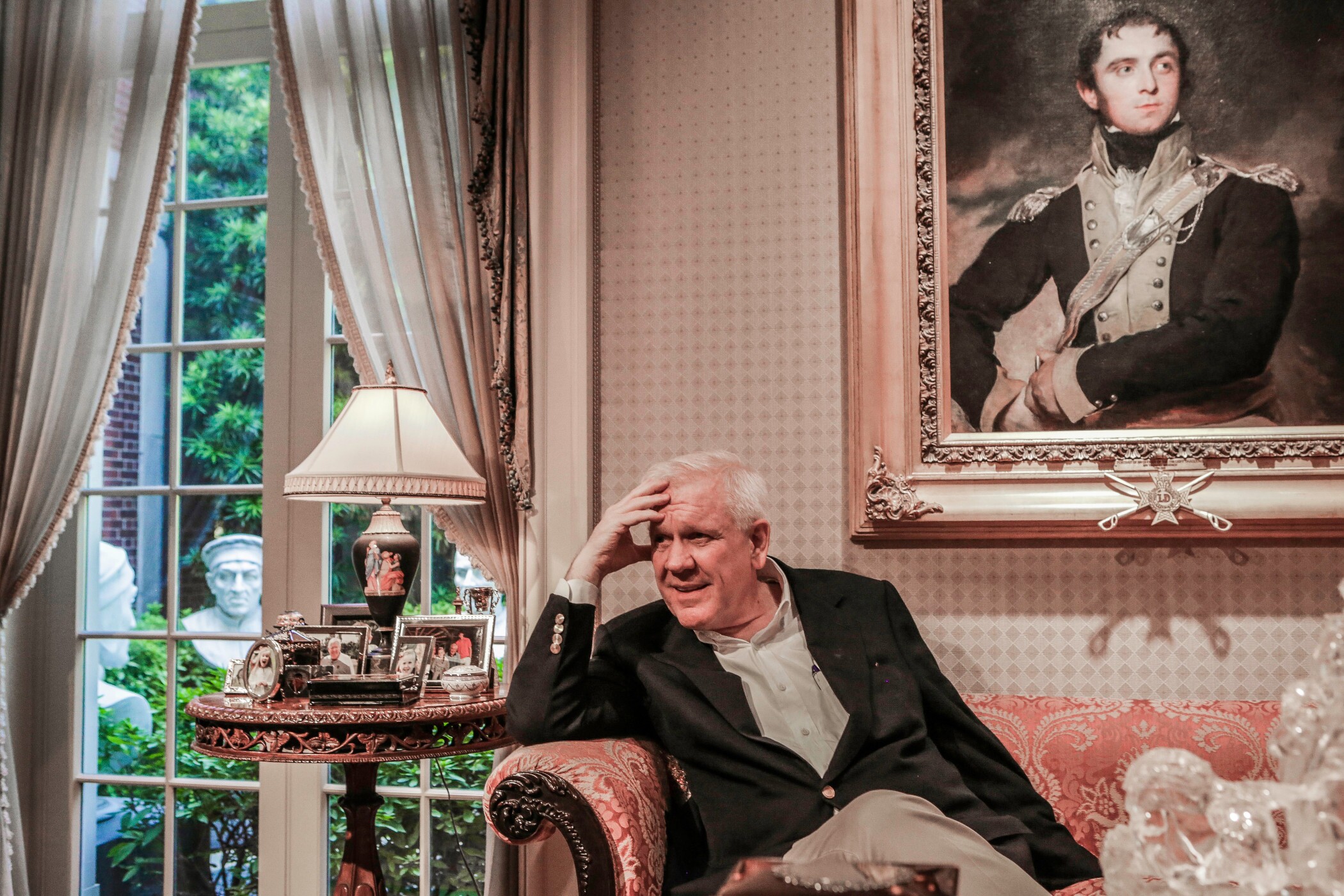
Roberts has said the justices are encouraged to consult the Code of Conduct for United States Judges, which governs the behavior of most federal judges, but they are not bound by it. Still, the 1978 Ethics in Government Act requires judges to disclose most gifts over $415, and Thomas may have violated that statute by not disclosing the gifts from Crow, experts told ProPublica.
Sen. Sheldon Whitehouse, D-R.I., has tried to tighten the requirements of the 1978 law so it applies to the Supreme Court. But in the wake of the Thomas story this week, even Whitehouse acknowledged that in order for binding changes to be put in place, they would have to be agreed upon by the justices themselves.
In other words, until undisclosed gifts like the vacations and travel received by Thomas are deemed by the people receiving them to be violations of a code of conduct, they will continue. “At the end of the day, there are no consequences for [Thomas’s] actions,” Sherman, who has testified multiple times before Congress on the subject of judicial ethics, said in an interview. “These facts continue to highlight the need for the court to have a binding code of conduct, a process for discipline — separate and apart from impeachment — and a transparent and independent process for recusals.”
Numerous legal experts have joined the growing calls for the court to voluntarily impose some accountability. “At a time when public institutions are redoubling their efforts to improve the public’s trust, we maintain that a formal, written Code, offering a uniform set of principles that justices and the public alike would look to for guidance, would benefit the Court and the nation,” a group of legal scholars wrote to Roberts last year.
Van Hollen, who chairs the appropriations subcommittee that has jurisdiction over the Supreme Court, told the Washington Post this week that he is considering using the power of the purse to extract a concession on this issue from the court. That could come in the form of legislation that would tie the court’s $200 million budget for fiscal year 2024 to the implementation of a code of conduct.
Meanwhile, amid rising political polarization in the U.S., and acrimony over the court’s decision to overturn Roe v. Wade and the leak of that opinion, public trust in the Supreme Court hit a historic low last summer. The Thomas story is only the latest blow for the court and may finally provide Roberts with the impetus to push the other justices to work together on a code of conduct.
Virginia Canter, a former government ethics lawyer who served under Democratic and Republican administrations alike, told BBC News there was no indication Justice Thomas sought a formal opinion on the matter. “There’s no accountability for the court… each justice seems to decide for themselves who they’re going to go for advice and what rules apply,” the lawyer, who spoke with ProPublica for its report, added.
Mr Crow, a leading donor to Republican and conservative political causes in the US, told ProPublica that the trips with him and his wife Ginni Thomas were “no different from the hospitality that we have extended to many other dear friends”.
Several Democratic lawmakers are now calling for an investigation and for a stricter code of conduct for Supreme Court Justices. The process of impeaching a Supreme Court judge is the same as that used to impeach other officials, and begins with the House of Representatives Sciencedrafting articles of impeachment. While only a narrow majority is needed to impeach a federal judge in the House, a conviction in the Senate would require a two-thirds majority.
Justice Thomas is one of six conservative-leaning justices of the nine-member Supreme Court. The recent report is not the first time that Justice Thomas’ private trips have come under scrutiny.
“As long as 9 justices are exempt from any process for enforcing basic ethics, public faith in SCOTUS will continue to decline, and dark money and special interests will maintain their relentless grip on our democracy,” Whitehouse tweeted.

